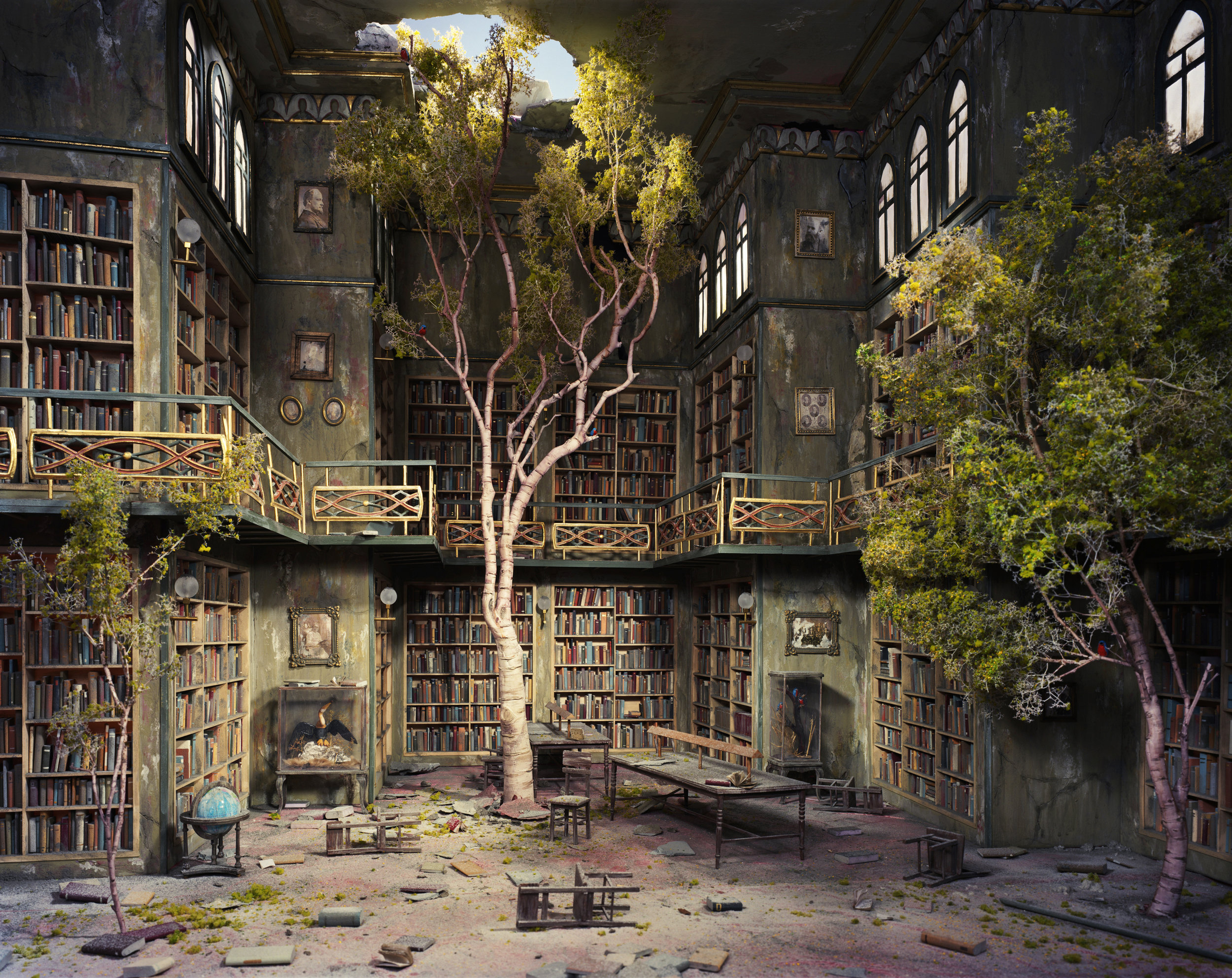Engendering the Archive
Project Directors: Tina Campt, Saidiya Hartman, Marianne Hirsch, Jean Howard, Laura Wexler
Power determines what is conserved and what is lost, which stories have been committed to collective memory and which ones have been erased. Engendering the Archive brought this fundamental feminist insight to bear on the examination of archival practices in the arts, literature, history, social science and in the practice of everyday life. An interdisciplinary research project that consisted of working artists, documentarians, archivists, scholars, social analysts, and museum curators, Engendering the Archive explored the making of archives, specifically, the knowledge they afford and the question of what exceeds their grasp. This project stood out from other work on the archive because of its rigorous focus on the role of power in producing the archive and in positioning social groups unevenly in relation to the production of knowledge and the authority to speak.
Engendering the Archive was an interdisciplinary research project focusing on gender, sexuality, race, and archival practices. The working group looked at categories of social difference as inescapable aspects of differential power relations that determine what societies remember and what they forget. Focusing on key questions such as--What is an archive? Who or what authorizes its construction? How do archives contribute to the production of social and cultural difference? How does the development of new media radically change the way knowledge is classified, stored, and retrieved?—the project sought answers by taking advantage of theories and methods developed by contemporary artists, activists, and scholars of race, gender, and sexuality.
Engendering the Archive investigated some of these fundamental questions from a global perspective, taking into account of the role of racism and colonialism in the production of archives and of categories that make legible or erase particular events and experiences. Gender, along with race, sexuality, and class, are inescapable aspects of differential power relations that determine what societies remember and what they forget.
Participants included approximately 30 scholars, activists and cultural practitioners drawn from Columbia, from other colleges and universities in the greater New York area, and from abroad, as well as several Columbia graduate students.
News

Events
Publications

